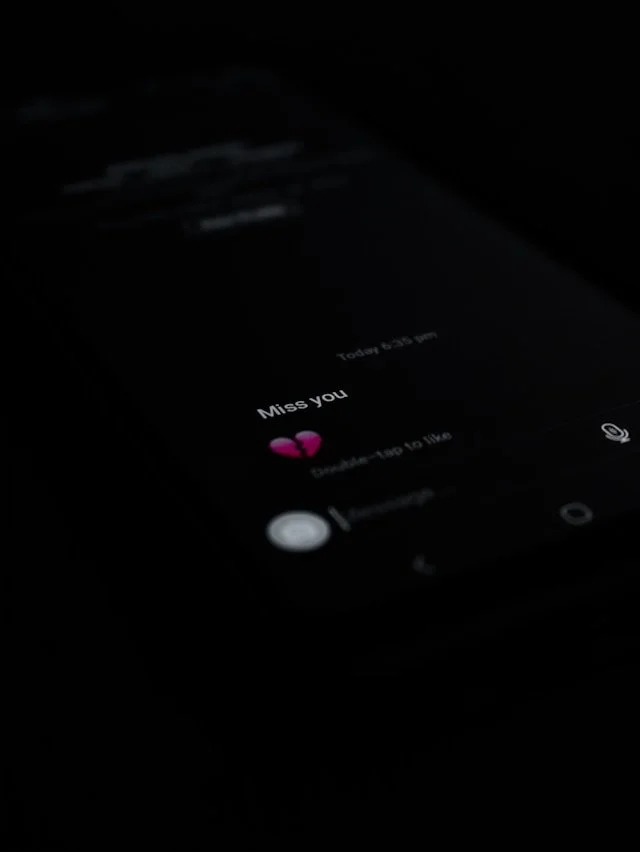1. Most Women Who Had Abortions Were Pressured Into It: Every line of this brief article is important. The Journal of American Physicians and Surgeons Reports, "73.8% of women who had an abortion felt pressure to do so. And that 58.3% got an abortion to make someone else happy, not themselves. And that 30% were afraid that they would lose their partner if they didn’t."
2. What do Americans Think About Abortion? The current state of what America believes about abortion is complicated, "The latest Kaiser Health Tracking Poll, taken right before Kennedy announced his retirement, found most Americans don’t want to see Roe v. Wade changed. Two-thirds say the Supreme Court should not overturn the decision. Three in 10 (29 percent) say the court should overturn the decision. But a recent Gallup poll shows many Americans want to see at least some restrictions on abortions. Half say abortion should be legal only under certain circumstances. One in 5 (18 percent) says abortion should be illegal in all circumstances."
3. America's Churches are Becoming More Diverse: We still have a long way to go, but Aaron Earls reports, "A Baylor University study found the percentage of multiracial congregations in the United States nearly doubled. From 1998 to 2012, the most recent year for which data is available, multiracial churches grew from 6 percent to 12 percent of all U.S. congregations. Multiracial congregations are places of worship in which less than 80 percent of the congregants are of the same race or ethnicity."
4. How Not to Fight Pornography: David Briones challenges us with this hard truth and then offers some helpful suggestions, "Many who “struggle” really just want to be assured of God’s love for them as they enjoy a love-hate relationship with pornography. Like so many spouses in abusive relationships, they hate pornography, but can’t imagine life without it. They hate what it does to them, but love what it provides: a short-lived moment of escape, a false sense of worth, an unsatisfying feeling of love. But after giving in, guilt sets in. They realize they’ve been dehumanized. Longing for pleasure, they run back to their lover again and again and again. Love never felt so wrong. If that describes you, then you first need to realize that your “struggle” is no struggle at all."
5. National Geography's Photographer of the Year: Stunning, just stunning.














